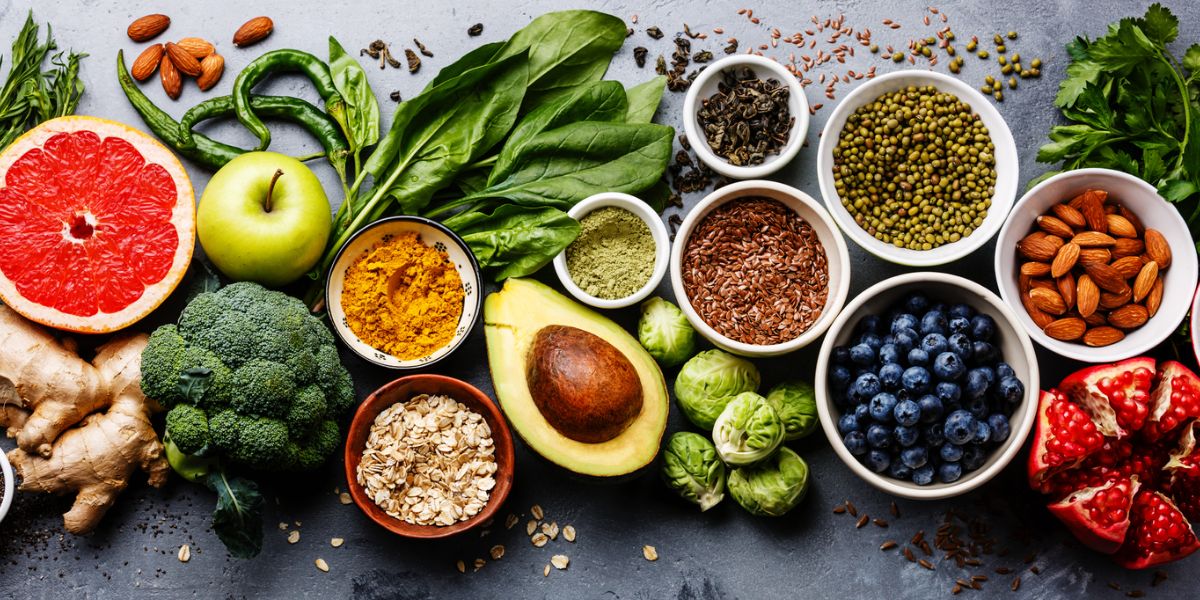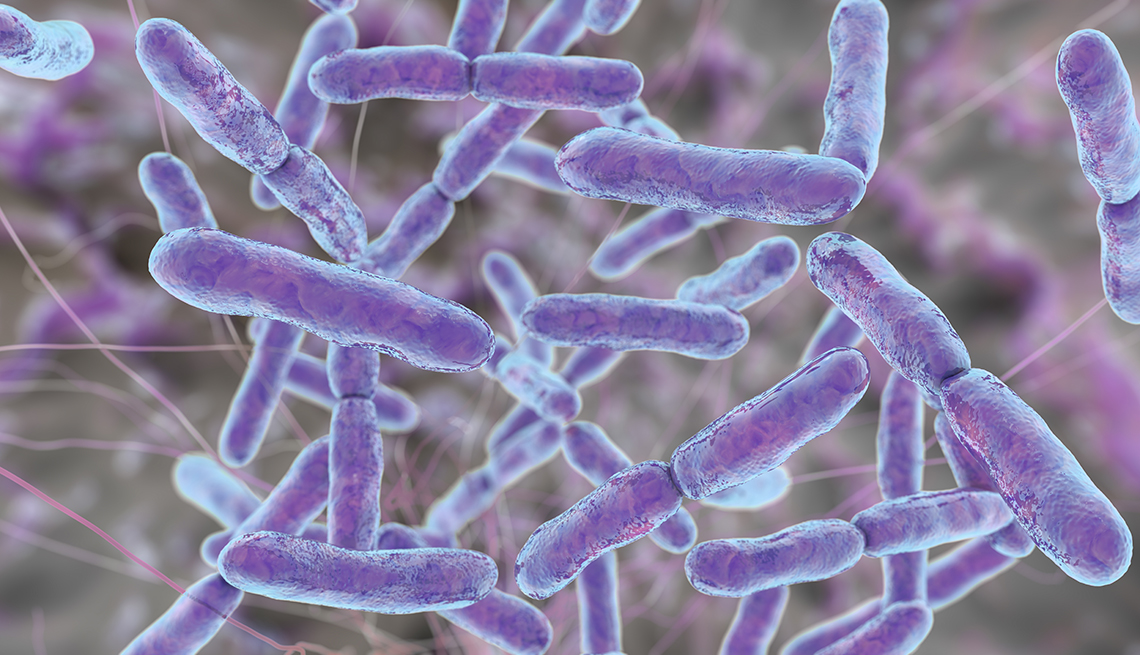As concerns about children's health and diet continue to rise, experts are sounding the alarm over the dangers of ultra-processed foods. A recent report highlights warnings from leading nutritionists who argue that these highly processed products, often filled with additives, preservatives, and artificial ingredients, are wreaking havoc on the health of young people. Ultra-processed foods—such as sugary cereals, packaged snacks, and fast food—are easy, affordable, and heavily marketed to children, but they come with serious repercussions.
Ultra-processed foods are typically manufactured products made from multiple industrial ingredients that bear little resemblance to their original form. These foods often include high levels of sugars, unhealthy fats, and sodium, along with artificial flavorings, colorings, and preservatives. Popular examples include:
- Chips, candy, and sugary drinks
- Packaged baked goods like cookies and muffins
- Frozen ready meals
- Fast food items
While convenient and tasty, these products are low in nutritional value and linked to a range of health problems, especially in children.
Nutritionist Dr. Naomi Schachter, featured in recent discussions, emphasizes the far-reaching consequences of ultra-processed foods on children's health. According to her, regular consumption of these foods leads to a variety of problems, including:
- Obesity: The high levels of sugar and unhealthy fats in these foods contribute to excessive calorie intake, leading to weight gain and obesity, even in young children.
- Type 2 Diabetes: Ultra-processed foods can cause spikes in blood sugar levels, increasing the risk of developing insulin resistance and, eventually, type 2 diabetes.
- Cognitive and Behavioral Issues: Studies suggest that poor nutrition from ultra-processed foods may affect brain development and behavior, leading to issues with attention, learning, and even mood disorders.
- Long-Term Health Risks: As children grow into adults, early exposure to unhealthy foods can contribute to cardiovascular diseases, high blood pressure, and even certain cancers.
Dr. Schachter points out that one of the main issues with these foods is their nutrient deficiency. Despite their high calorie content, they provide little in terms of essential nutrients like vitamins, minerals, fiber, and healthy fats. Instead, they flood the body with empty calories that don’t support proper growth and development.
The issue is further exacerbated by aggressive marketing strategies that target young children, making ultra-processed foods appealing through colorful packaging and fun characters. This marketing pushes children—and parents—to choose convenience over nutritional value, often without understanding the long-term effects.
- Focus on Whole Foods: Encouraging children to eat more whole, unprocessed foods, such as fruits, vegetables, whole grains, and lean proteins, is key to improving their health.
- Limit Sugary Drinks: Replacing sugary beverages with water or milk can significantly reduce sugar intake.
- Cook at Home: Preparing meals at home from fresh ingredients gives parents more control over what their children eat and ensures they receive the nutrients they need.
Parents should also become more aware of food labels and look for hidden sugars and additives in packaged foods.
As ultra-processed foods continue to dominate the diets of many children, nutrition experts are urging parents to take a more proactive approach in feeding their kids healthier options. The long-term effects of a diet high in ultra-processed foods can be devastating, but by making small changes now, families can ensure that their children grow up strong, healthy, and ready to face the future.
.png)








 English (US) ·
English (US) ·